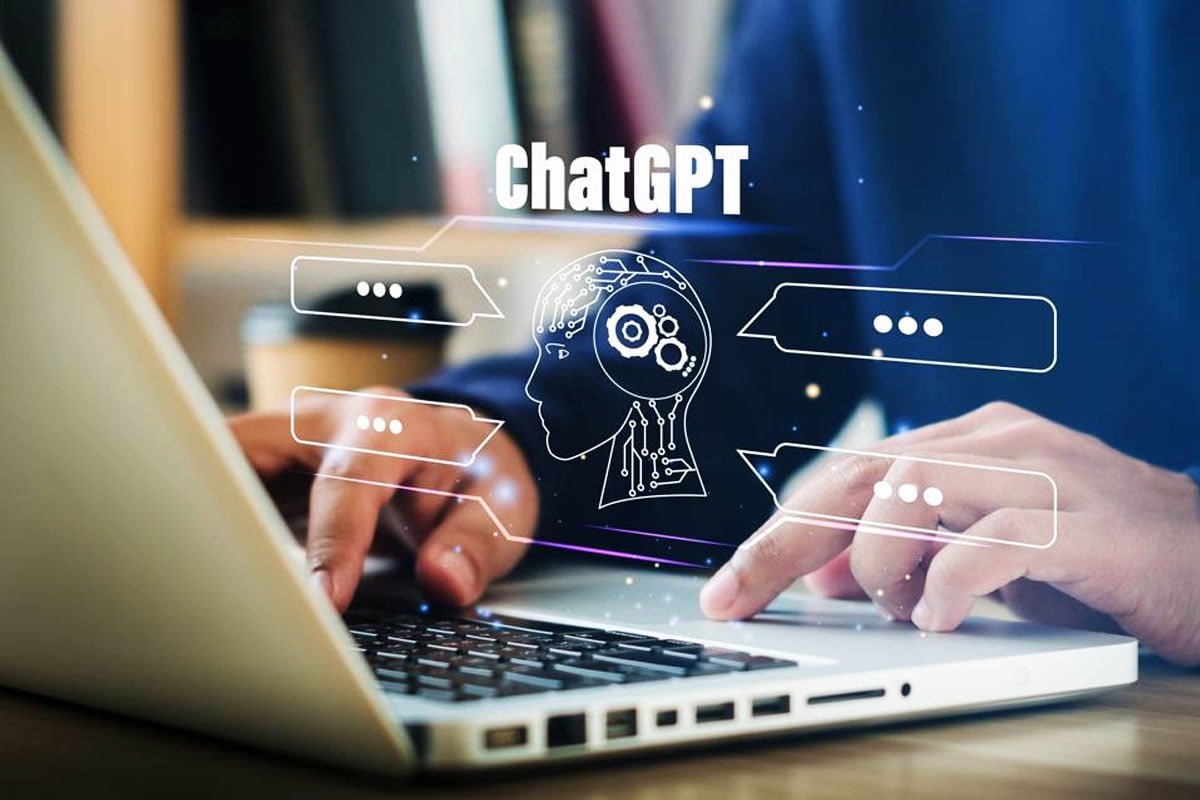GPT-4: The Next Generation Chatbot
With the recent advancements in natural language processing (NLP), the potential for conversational agents or chatbots has been steadily increasing. Among these advancements, the use of the Generative Pre-trained Transformer (GPT) models has proven to be especially promising. The latest version, GPT-3, has been able to generate human-like responses to a degree that has never been seen before. However, the future of conversational agents is set to become even more exciting with the upcoming release of GPT-4. GPT-4: The Next Generation ChatGPT Creator OpenAI Announces | OpenAI announces ChatGPT successor GPT-4 | ChatGPT successor GPT-4

GPT-4 is set to be the most advanced language processing model yet, with the potential to outperform its predecessor, GPT-3, in several ways. One of the most significant improvements expected is the ability to generate even more human-like responses, making it even harder to distinguish between a chatbot and a human. This is due to the model being trained on an even larger dataset, allowing it to learn more about the intricacies of human language and conversation.
Another improvement expected is in the ability to understand and respond to context. While GPT-3 is already proficient in this area, GPT-4 is expected to take it to the next level. This means that a future chatbot using GPT-4 would be able to understand the context of a conversation and use it to generate more accurate and relevant responses. This could lead to more personalized and satisfying interactions with users.
GPT-4 is also expected to have improved efficiency, making it faster and more reliable than its predecessor. This means that a chatbot using GPT 4 would be able to generate responses in real-time, without any noticeable delay. This would make the chatbot feel more like a natural conversation, rather than a robotic exchange of messages.
The potential uses for a chatbot using GPT 4 are vast. They could be used for customer service, where they would be able to provide quick and accurate responses to customer queries. They could also be used in healthcare, where they could assist doctors and nurses in diagnosing patients or providing medical advice. In education, they could provide personalized learning experiences for students, helping them to learn and understand concepts more efficiently.
However, there are also some concerns with the use of such advanced chatbots. One concern is the potential for misuse, such as the creation of chatbots for malicious purposes. Another concern is the potential for the chatbot to be used as a replacement for human interaction, leading to a decrease in social skills and interpersonal relationships.
In conclusion, the upcoming release of GPT 4 is set to take conversational agents to the next level. With its ability to generate even more human-like responses, understand context, and improve efficiency, a chatbot using GPT-4 has the potential to revolutionize many industries. However, it is important to consider the potential concerns and ensure that its use is in line with ethical and social standards.
FAQ’S GPT 4: The Next Generation ChatGPT
GPT-4 stands for Generative Pre-trained Transformer 4. It is an advanced natural language processing (NLP) model developed by OpenAI, which is expected to be the successor to GPT-3.
There is no official release date for GPT-4 yet. OpenAI has not provided any specific timelines or details regarding the release of GPT-4. However, it is expected to be released in the coming years.
GPT-4 is expected to be even more advanced than GPT-3. It will have a larger dataset to train on, enabling it to learn even more about the intricacies of human language and conversation. It will also be more efficient, generating responses in real time without any noticeable delay. Additionally, it is expected to have better context understanding and more human-like responses.



